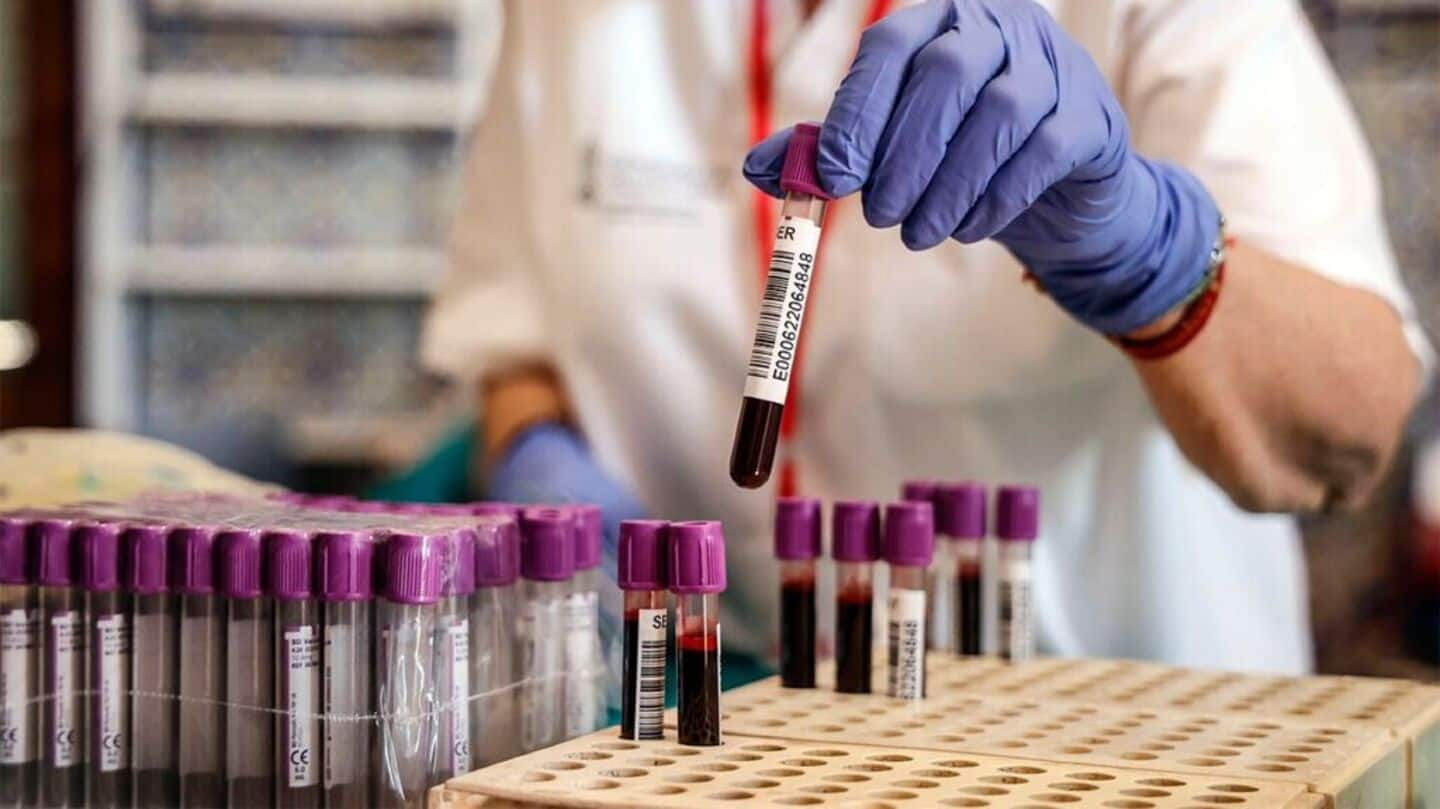
New blood test can detect Alzheimer's disease with high accuracy
What's the story
Researchers at the Mayo Clinic in the US have conducted a study on a new blood test to detect early symptoms of Alzheimer's disease. The innovative method works by analyzing two specific proteins found in blood plasma, namely amyloid beta 42/40 and p-tau217. These proteins are linked to the formation of amyloid plaques, which are characteristic of Alzheimer's disease.
Test efficacy
Test boasts a 95% sensitivity rate
The new blood test has shown remarkable accuracy in detecting Alzheimer's disease. It boasts a 95% sensitivity rate, meaning it can accurately identify those with memory problems without missing many cases. The test also has an 82% specificity rate, indicating its effectiveness in ruling out individuals who don't have dementia. The study was conducted on over 500 people at an outpatient memory clinic, providing real-world data for the blood test's efficacy.
Regulatory approval
Blood test approved by US regulator
The blood test has been approved by a US regulator, the Food and Drug Administration (FDA). Dr. Gregg Day, who led the study published in the journal Alzheimer's and Dementia, said, "Our study found that blood testing affirmed the diagnosis of Alzheimer's disease with 95% sensitivity and 82% specificity."He added that this accuracy is similar to cerebrospinal fluid biomarkers for Alzheimer's disease, but much more convenient and cost-effective.
Future plans
Next steps in this research
The next step in this research is to assess blood-based testing on a more diverse patient population, particularly those with early-stage Alzheimer's who don't show cognitive symptoms. Dr. Richard Oakley, associate director for research and innovation at the UK's Alzheimer's Society, said these results "suggest this test is very accurate" and could be used along with other tests and observations by trained health professionals.
Diagnostic revolution
Test evaluated in people with other types of dementia too
Dr. Oakley also stressed that blood tests like this one could make Alzheimer's diagnosis faster, easier, and more accessible than ever before in a real-world setting. He added that while the test focuses on Alzheimer's disease, it was also evaluated in people with other types of dementia. This shows its potential to differentiate causes of cognitive decline, but more research is needed in diverse groups and community-based settings.